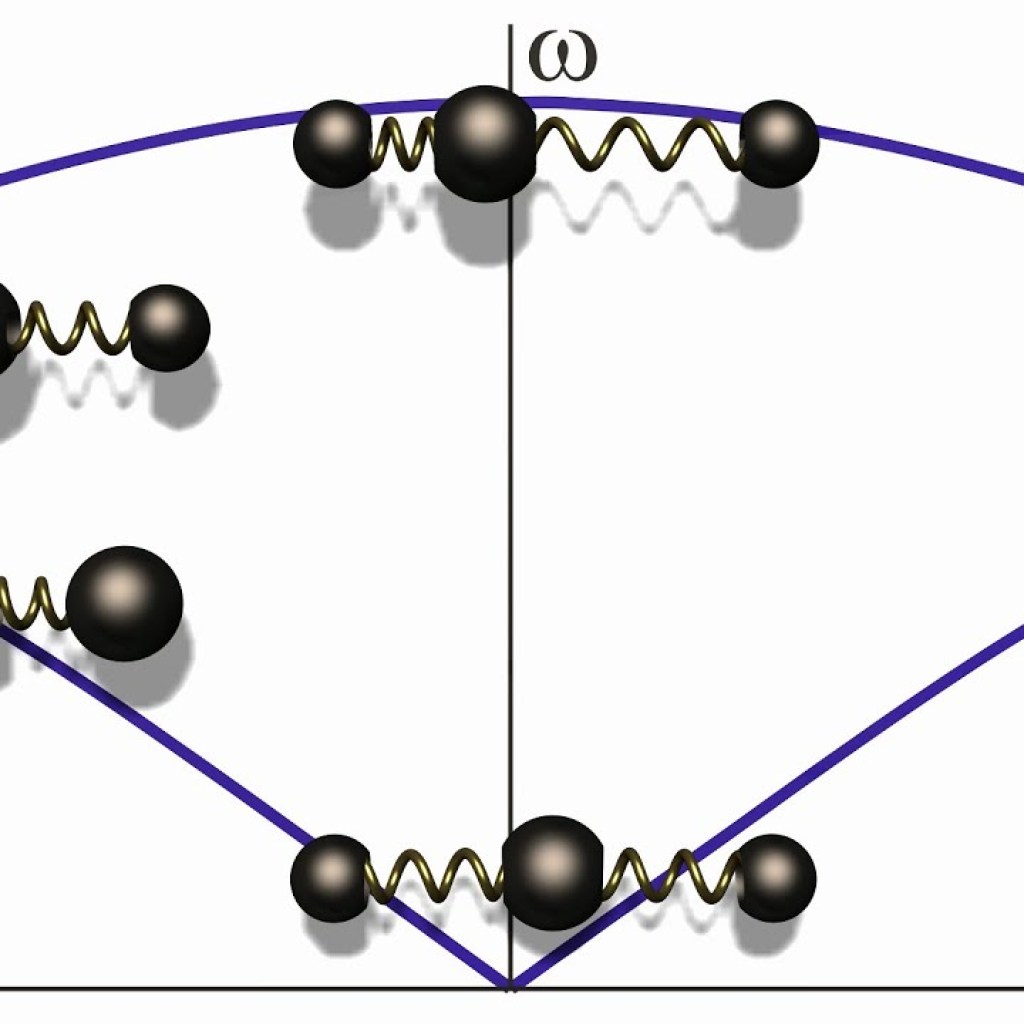Exploring Advanced Laser Technologies and Their Applications
In the realm of modern technology, lasers have become an indispensable tool across various industries. From medical applications to telecommunications, the versatility and precision of laser technology continue to revolutionize how we interact with the world. This blog post delves into some of the advanced laser technologies and their practical applications.

Source: YouTube
Understanding Laser Wavelength Adjustment
One of the fundamental aspects of laser technology is the ability to adjust the wavelength of the laser beam. This capability is crucial for applications that require specific wavelengths, such as in spectroscopy and metrology. By tuning the laser wavelength, scientists and engineers can enhance the accuracy and efficiency of their experiments and measurements.
The Role of Thin-Film Polarizers
Thin-film polarizers are essential components in many optical systems. They are used to control the polarization state of light, which is vital in applications like optical communications and imaging systems. These polarizers work by selectively transmitting light waves of a certain polarization while reflecting others, thereby improving the performance of optical devices.
Focusing Laser Beams for Precision
Focusing a laser beam is a critical process in numerous applications, including cutting, engraving, and medical surgeries. The ability to focus a laser beam to a fine point allows for high precision and control, making it possible to perform intricate tasks with minimal damage to surrounding materials.
Compressing Femtosecond Pulses
Femtosecond laser pulses, which last only a few quadrillionths of a second, are used in applications requiring extremely high precision, such as in micromachining and medical imaging. Compressing these pulses enhances their peak power, enabling more efficient material processing and improved imaging resolution.
Nonlinear Scattering in Optical Systems
Nonlinear scattering is a phenomenon that occurs when intense laser light interacts with a medium, leading to the generation of new frequencies. This effect is harnessed in various applications, including the development of frequency combs and the generation of supercontinuum light sources, which are used in spectroscopy and telecommunications.
Pulse Stability in Mode-Locked Lasers
Mode-locked lasers are designed to produce ultra-short pulses of light with high stability. Pulse stability is crucial for applications such as time-resolved spectroscopy and high-speed communication systems. Ensuring stable pulse generation allows for more accurate and reliable data collection and transmission.
Exploring Multimode Fiber Modes
Multimode fibers are widely used in telecommunications for transmitting information over long distances. Understanding the modes of multimode fibers is essential for optimizing data transmission and minimizing signal loss. By analyzing these modes, engineers can enhance the performance of fiber optic networks.
Conclusion
Advanced laser technologies continue to push the boundaries of what is possible across various fields. From wavelength adjustment to pulse compression, these innovations are paving the way for new discoveries and applications. As research and development in laser technology progress, we can expect even more groundbreaking advancements that will further transform industries and improve our daily lives.
Feel free to comment your thoughts.



